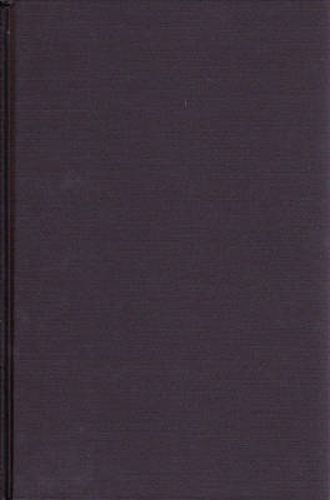Readings Newsletter
Become a Readings Member to make your shopping experience even easier.
Sign in or sign up for free!
You’re not far away from qualifying for FREE standard shipping within Australia
You’ve qualified for FREE standard shipping within Australia
The cart is loading…






Postcolonial Liberalism presents a compelling account of the challenges to liberal political theory by claims to cultural and political autonomy and land rights made by indigenous peoples today. It also confronts the sensitive issue of how liberalism has been used to justify and legitimate colonialism. Ivison argues that there is a pressing need to re-shape liberal thought to become more receptive to indigenous aspirations and modes of being. What is distinctive about the book is the middle way it charts between separatism, on the one hand, and assimilation, on the other. These two options present a false dichotomy as to what might constitute a genuinely postcolonial liberal society. In defending this ideal, the book addresses important recent debates over the nature of public reason, justice in multicultural and multinational societies, collective responsibility for the past, and clashes between individual and group rights.
$9.00 standard shipping within Australia
FREE standard shipping within Australia for orders over $100.00
Express & International shipping calculated at checkout
Postcolonial Liberalism presents a compelling account of the challenges to liberal political theory by claims to cultural and political autonomy and land rights made by indigenous peoples today. It also confronts the sensitive issue of how liberalism has been used to justify and legitimate colonialism. Ivison argues that there is a pressing need to re-shape liberal thought to become more receptive to indigenous aspirations and modes of being. What is distinctive about the book is the middle way it charts between separatism, on the one hand, and assimilation, on the other. These two options present a false dichotomy as to what might constitute a genuinely postcolonial liberal society. In defending this ideal, the book addresses important recent debates over the nature of public reason, justice in multicultural and multinational societies, collective responsibility for the past, and clashes between individual and group rights.